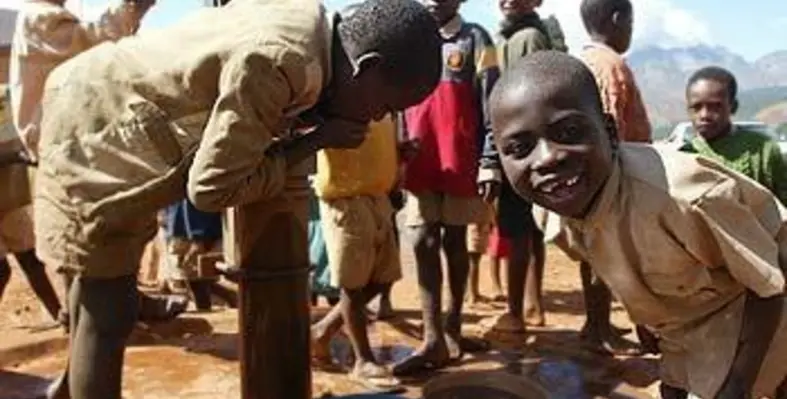Practical Action Southern Africa has embarked on an ambitious initiative to facilitate access to basic energy for rural communities in Zimbabwe by 2030
Practical Action Southern Africa, regional director, Enerst Mupunga, said at the launch of the Poor People's Energy outlook report for 2012 that of Zimbabwe's 13 million population, more than 70 per cent lives in rural areas without access to modern energy.
Mupunga said that using electricity access as a measure, only 19 per cent of the population has the privilege of using electricity, LPG or kerosene to meet their energy service needs.
"The household energy sector remains the largest consumer of energy and characterised by high dependence on traditional biomass," Mupunga said.
It is in the light of this that Practical Action has now embarked on the initiative to set objectives for basic energy access for rural communities.
According to Chandirekera Mutubuki-Makuyana, who facilitated the programme launch, the rural population in Zimbabwe was last reported at 7.8 million in 2010, according to a World Bank report. It is reported that 19 per cent of this population is electrified through the national grid by the Rural Electrification Agency (REA).
According to the report, this leaves 81 per cent of this population not electrified which translates to 6.3 million people. Over one million households are reported to have no access to renewable energy sources in rural areas.
The programme being carried out by Practical Action and other partners seeks to facilitate basic energy access for all rural households in Zimbabwe by 2030. This will include access to clean and sustainable energy sources for lighting and cooking.
"By 2030, at least 1,047,139 households should have access to clean and sustainable energy sources for lighting and cooking in Zimbabwe," said Makuyana.
It is also reported that $52 million is required to light the current rural households in Zimbabwe. For clean and sustainable energy for cooking for rural households $262 million is required and $314 million, or $17.5 million per year, is needed to achieve the basic energy access goal by 2030, according to Practical Action.
According to Mupunga, the lack of access to modern energy and the negative impacts have been linked to the slow achievement of the UN Millennium Development Goals.
lt has contributed to poor delivery of socio-economic services such as agriculture, education and health, all prioritised in the country's poverty reduction strategies.
"Without energy, people will find it extremely hard to pull themselves from the poverty trap and conversely energy will be vital for economic and social development needed to end poverty," Mupunga said.
Mupunga added that the rural energy sector in Zimbabwe had not caught the attention of many stakeholders particularly the private sector, including finance, manufacturing and distributors, for various reasons, adding that rural areas have just been trial or experimental fields mostly for NGOs.
"However, the task remains huge and demands a lot of financial and human resources and material investment," said Mupunga.
Wallace Mawire












